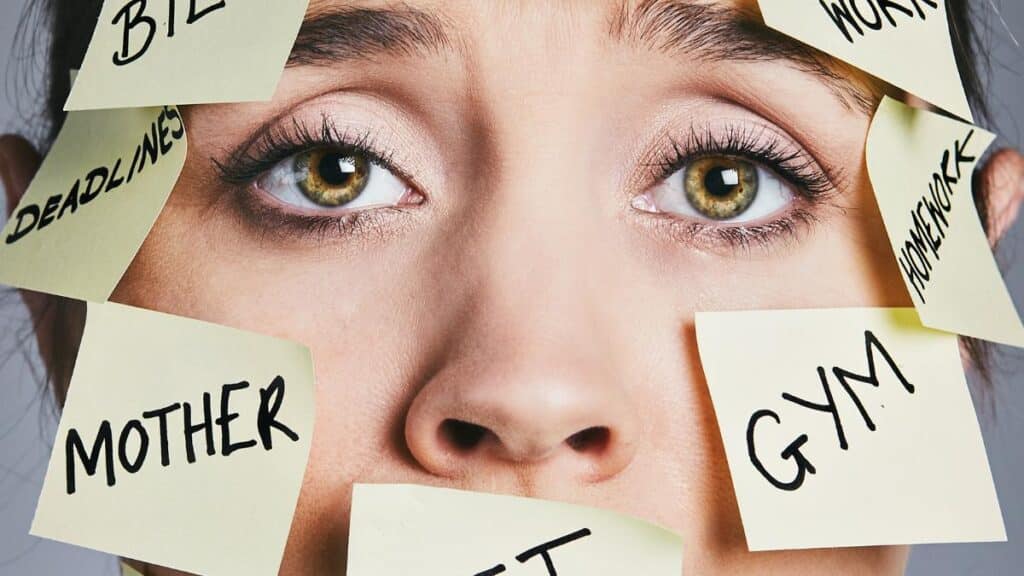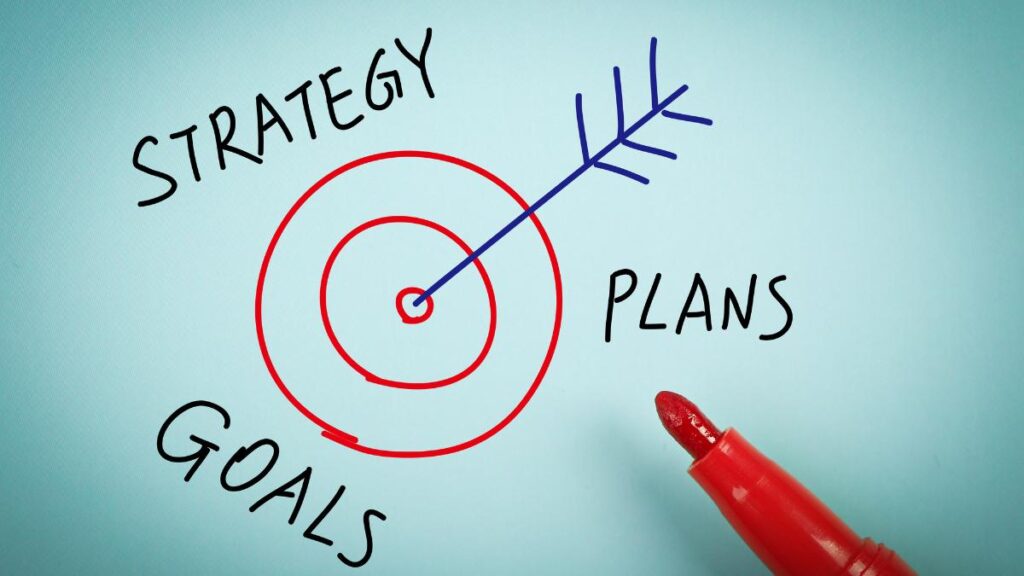Everybody uses coping strategies when they experience stress. Some strategies, like engaging in fitness activities or a meditation practice, tend to improve our overall physical and mental health. Others, like smoking, may make our situation worse in the long run, such as by causing health problems or worsening existing ones.
Healthy coping skills are a must, but how do you replace unhealthy choices with healthy ones? The strategies below can help.

Notice Your Negative Coping Habits
First, pay attention to the ways you deal with stress during the day. Do you reach for a glass of wine, for example? Do you spend hours on social media? Some things, like eating junk food or getting lost in a TV show, are fine with limits. That said, these things become unhealthy when they start taking over our lives.
The National Center for PTSD offers a description for “negative coping.” They describe it as anything that will make “PTSD symptoms worse in the long run or create new problems.” The description focuses on dealing with PTSD, but the same applies for any situation or condition that is causing us stress, anxiety, fear, or other difficult emotions.
A lot of activities can turn into unhealthy coping strategies. Think about the use of social media, for instance. You might scroll through TikTok and Instagram when you feel anxious. However, this can worsen your anxiety by forcing you to process a large amount of information at once. It can also create new problems. These can include social media addiction or loss of interest in other activities.

Replace Shame with Curiosity
As you find your unhealthy coping habits, avoid judging yourself for them. Yes, we should take responsibility for our habits. Still, that doesn’t mean shaming ourselves in the process. Shame doesn’t help us improve our health. In fact, it only makes things worse.
Instead, get curious about your unhealthy coping habits. Unlike shame, curiosity helps. When you find yourself engaging in one of these habits, ask yourself questions like:
- What was I feeling right before I did the habit? Was I bored? Anxious? Lonely? Angry?
- What does this habit do to soothe that feeling?
- Does this habit make my stress worse in the short-term? What about the long-term?
- How does this habit make my life better or worse?
- How did I feel immediately after I performed the habit?
These questions can help you figure out your reasons for choosing unhealthy coping mechanisms. They can also help you decide what it is that you’re seeking from them. This level of understanding will help you later.

Choose Replacement Coping Methods Based on What You’re Seeking
When you stop using an unhealthy coping strategy, your brain will want to replace it with something else. Make sure that you choose a healthier option with intention, in order to build healthy coping skills in the long run. Our nervous systems want to take the path of least resistance. If we’re not careful, this can mean that we don’t learn healthy coping skills. Instead, we may just pick up other unhealthy habits.
That’s why it’s so important to get curious about your unhealthy choices. If you recognize your reasons for these habits, you can find the replacement that works best for you. Your new strategy can meet your needs without making things worse.
Let’s take another look at the social media example. This habit impacts many people with ADHD. People with ADHD can’t access dopamine properly. Social media causes a quick boost of dopamine. When the brain craves dopamine, social media provides a quick solution. Still, that quick solution can become unhealthy fast.
So, how might someone with ADHD cut back on social media? They could choose another dopamine-boosting activity. Examples include going for a walk or doing agility training exercises. Now, let’s say that they choose something that doesn’t boost dopamine. In that case, they may not get what they need. This can mean going back to old habits.

Find Examples of Healthy Coping Skills
Of course, it’s tough to find healthy coping strategies when you don’t know where to start. It can help to look at lists of examples and see what appeals to you. Some options include:
- listening to music
- reading books
- practicing mindfulness
- practicing somatic experiencing therapy
- talking to a friend
- doing deep breathing exercises
- recognizing unhelpful thoughts
- exploring new hobbies
- journaling
- making art
- spending time in nature
- talking to a therapist
- trying a new sport
- eating healthy foods

Make Healthy Coping Accessible
People don’t choose unhealthy coping methods because they’re unhealthy. We choose them because they’re easy. Remember that the nervous system prefers the path of least resistance. Our brains are very efficient. They conserve energy by finding the simplest way for us to get what we want.
Our brains do this to help us. We can help our brains in return by making healthy options as accessible as possible. For example, let’s say that you wanted to start a morning yoga practice. The night before, you might set out your clothes, yoga mat, and anything else you need. You could also choose the video you want to use and load it before you go to bed.
It also helps to make your unhealthy habits less accessible. For instance, if you want to cut back on drinking wine, you could stop keeping it in your house. You might even choose a grocery store that doesn’t sell liquor so that you’re not tempted to buy it next time you shop.

Ask for Help
If you struggle to stop unhealthy habits on your own, such as using drugs or alcohol, those habits may have become addictions. In spite of what a lot of people think, addiction isn’t a choice. It’s a mental health disorder that requires treatment.
If you think that a coping strategy has turned into an addiction, you can always ask for help. If you’re not sure how, start by asking your primary care doctor for a referral or recommendation. Otherwise, try looking for these options:
- therapists
- psychiatrists
- addiction treatment facilities
- support groups
You deserve to feel your best and live a healthy, fulfilling life. If you struggle to release unhealthy coping skills, it’s not because you’re lazy or broken, and you’re not the only one who deals with this struggle.
When you ask for help, you can connect with other people who understand what you’re going through.




